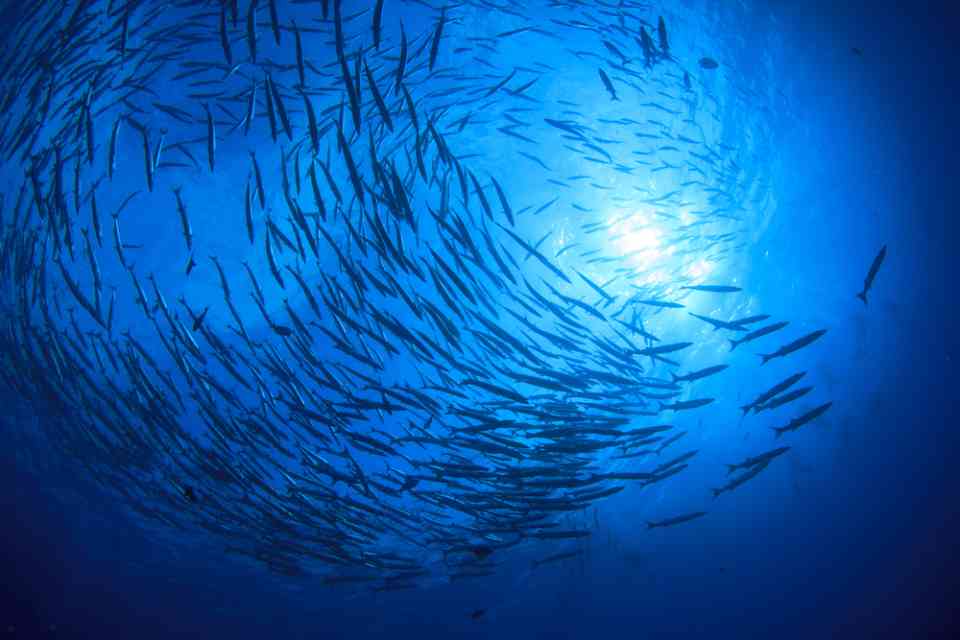Pacific Nations Secure Landmark $107.4 Million Grant to Protect Tuna Industry from Climate Change

Conservation International and the Pacific Community (SPC) have secured a transformative $107.4 million grant from the Green Climate Fund (GCF) to help 14 Pacific Island nations safeguard the economic and social benefits derived from tuna amid growing climate threats. This historic funding—one of the largest climate grants ever awarded in the region—has also attracted an additional $49.4 million in co-financing, bringing the total value of the program to $156.8 million. The initiative aims to assist these nations in adapting to the impacts of ocean warming on tuna stocks while enhancing the contribution of tuna fisheries to food security.
The program supports the Cook Islands, Fiji, the Federated States of Micronesia, Kiribati, the Marshall Islands, Nauru, Niue, Palau, Papua New Guinea, Samoa, the Solomon Islands, Tonga, Tuvalu, and Vanuatu. These nations collectively oversee one-third of the world’s tuna catch and have long maintained sustainable management of this vital resource.
Tuna: A Pillar of Economic and Food Security
Tuna plays a critical role in both food and economic security for Pacific Small Island Developing States. The industry supports tens of thousands of jobs across the region. For nine of these nations, tuna fishing access fees alone generate an average of 34% of government revenue. With environmental changes—such as coral bleaching—reducing coastal fish populations, Pacific communities are becoming increasingly reliant on tuna as a primary source of protein.
However, research by SPC and Conservation International has highlighted the growing risk that ocean warming could drive tuna stocks away from national waters into international zones, potentially jeopardizing the economic benefits that these island nations currently receive.
Projections indicate that climate-driven tuna migration could reduce catch levels in Pacific waters by 10-30% by 2050, resulting in an estimated annual loss of $40-140 million. For tuna-dependent economies, this could mean a reduction of 8-17% in government revenue each year.
A Science-Backed Strategy for Long-Term Resilience
With more than 50 years of scientific research and data-driven decision-making, the GCF-funded program will equip Pacific Island nations with the tools needed to adapt and sustain the economic advantages of tuna fisheries. The initiative will also support local communities by increasing the use of Fish Aggregating Devices (FADs) and integrating them into national infrastructure to enhance food security.
In the coming months, Pacific Island governments will finalize implementation plans for each activity covered by the GCF grant. These efforts are designed to ensure tuna stock sustainability and protect coastal livelihoods as climate change continues to reshape marine ecosystems.
SPC Director-General Dr. Stuart Minchin acknowledged the $1.9 million contribution from the Minderoo Foundation, which helped Conservation International and SPC prepare the GCF proposal. The Regional Tuna Program will be led by SPC, in collaboration with regional partners, including the Forum Fisheries Agency (FFA) and Australia’s Commonwealth Scientific and Industrial Research Organization (CSIRO).
Have you read?
Countries: Powerful Passports.
Countries: Richest.
Countries: Poorest.
Countries: Happiest.
Countries: Life Expectancy.
Bring the best of the CEOWORLD magazine's global journalism to audiences in the United States and around the world. - Add CEOWORLD magazine to your Google News feed.
Follow CEOWORLD magazine headlines on: Google News, LinkedIn, Twitter, and Facebook.
Copyright 2025 The CEOWORLD magazine. All rights reserved. This material (and any extract from it) must not be copied, redistributed or placed on any website, without CEOWORLD magazine' prior written consent. For media queries, please contact: info@ceoworld.biz








